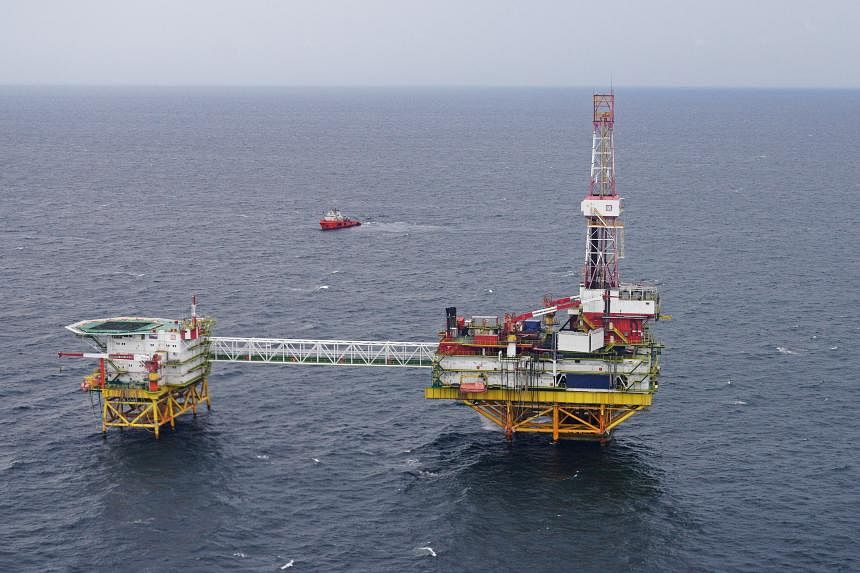KYIV - Russian President Vladimir Putin said his government would ban Russian oil exports to any countries that agreed to the Western price cap put in place in December.
The announcement came in the form of a decree on Tuesday, signed by Mr Putin and released by the Kremlin, saying that, starting from Feb 1 and lasting for five months, no Russian oil would be sent to countries that honour the price cap.
“Deliveries of Russian oil and oil products to foreign entities and individuals are banned, on the condition that in the contracts for these supplies, the use of a maximum price fixing mechanism is directly or indirectly envisaged,” the decree said, according to news agencies’ translations.
A separate ban on refined oil products such as gasoline and diesel would take effect on a date to be set by the government.
It added that the ban may be lifted in individual cases on the basis of a “special decision” from Mr Putin.
The impact of the move is likely to be limited.
The European Union, the region that is most dependent on Russian oil, has already banned most Russian oil imports, so the cap mainly affects buyers outside Europe.
After months of negotiations, the Group of Seven wealthy democratic nations – Britain, Canada, France, Germany, Italy, Japan and the United States – and the EU agreed at the beginning of December to cap the price of Russian crude oil at US$60 per barrel.
The move was aimed at weakening the Kremlin’s revenues and diminishing its financing for the war in Ukraine, without completely disrupting global supply at a time of soaring inflation.
However, the cap is set close to Russia’s existing selling price, and some countries – like Ukraine’s neighbour Poland – argued that it did not make much of a difference to the Kremlin. The cap is to be reviewed every two months.
The Kremlin’s defiant response to the cap on Tuesday was somewhat anticipated, as Moscow had already insisted that it would not sell oil subject to a price limit.
Russia also said the cap will not affect its military campaign in Ukraine and expressed confidence it would find new buyers.
Earlier in December, Russian Deputy Prime Minister Alexander Novak said Russia was “working on mechanisms” to undermine enforcement of the cap, without elaborating.
“We will sell oil and oil products only to countries that will work with us on market conditions, even if we would have to lower production,” Mr Novak said on Rossiya-24, a Russian state news network.
Kremlin spokesman Dmitry Peskov said on Wednesday that Russia did not consult Opec+ on its response to the Western price cap, stating that it was Russia’s sovereign right to respond as it sees fit to such “illegal measures”.
Mr Peskov said contacts between Russia and the Opec+ group of leading global oil producers, which includes Russia, were ongoing on other issues.
Russia is the world’s second-largest oil exporter after Saudi Arabia, and any actual disruption to its sales would have far-reaching consequences for global energy supplies. NYTIMES, REUTERS, AFP

